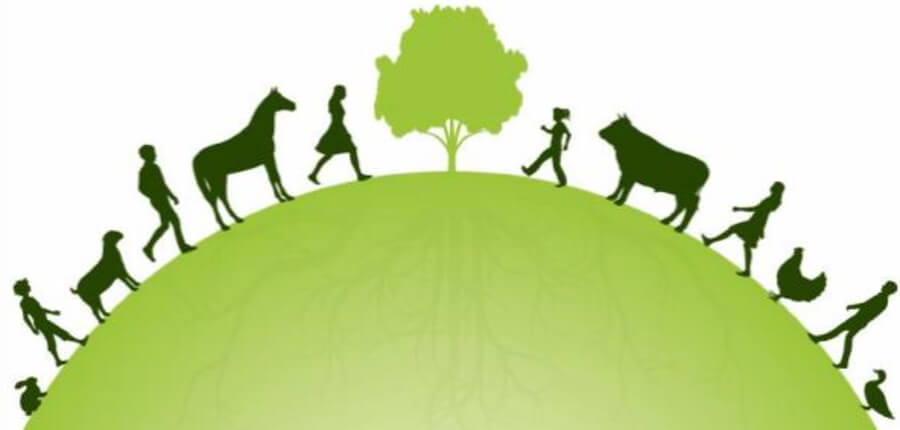Richard H. Schwartz, Ph.D., the president emeritus of Jewish Veg and president of the Society of Ethical and Religious Vegetarians, has written a new book, Vegan Revolution: Saving Our World, Revitalizing Judaism.
It explains how Jewish laws pertain to animal rights issues and will surely appeal to Jewish people and anyone with an interest in theology or animal rights. The book is very positive, especially the section about the growing popularity of vegan living around the world.
It thoroughly delves into many topics, from factory farms and slaughterhouses to marine parks and horse races to wool and fur production. Among other things, Schwartz explains why humans aren’t well adapted to eating meat, why chicken isn’t a health food, where we are with cultured meat, why it’s impossible to remain kosher if you eat animal-based foods, and how climate change may be the greatest moral, environmental, economic, and social justice issue of our time.
Below are just a few interesting points from Vegan Revolution:
- “If nothing else, the pandemic is a wake-up call for us to sharply reduce, if not eliminate, the consumption of animals, or at least to end those practices in which animals are raised in dirty, cramped, stressed, disease-prone conditions. By the time the disease has run its course, or we have developed a vaccine, hundreds of thousands of people will have died, millions of people will have lost their jobs, trillions of dollars will have been spent or vanished in value, and many businesses and industries will have gone bankrupt. Is eating animals worth all of this devastation?”
- Tza’ar ba’alei chayim is the Jewish commandment against causing cruelty to animals.
- Jewish people are mandated to be rachmanim b’nei rachmanim—that is, compassionate children of compassionate ancestors—emulating a compassionate God, who is referred to in daily Jewish prayers as Ha-rachaman (“the compassionate one”) and as Av Harachamim (“father of compassion”).
- Every Sabbath morning, Jewish worshippers chant, Nishmat kol chai t’varech et shim’chah (“The soul of every living being shall praise God’s name”). How can anyone go to synagogues wearing fur coats, which involve cruelty to sentient beings whose souls are praising God?
The book also includes a sample conversation between a concerned vegan Jewish man and his rabbi, who is not vegan, as an example of the way a respectful dialog about not eating animals could go. There’s also a section about Jewish holidays and observances as well as an appendix about animal sacrifices and rituals.
Vegan Revolution: Saving Our World, Revitalizing Judaism is thought-provoking and sure to interest Jewish people and anyone new to or considering vegan living.





